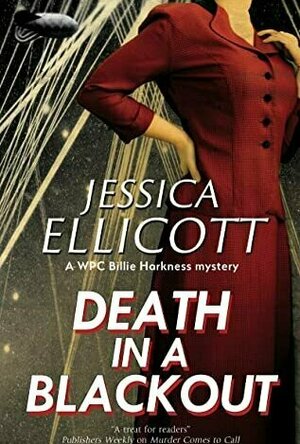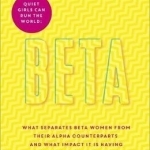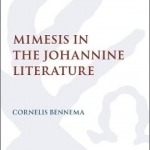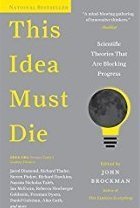
Democratic Reason: Politics, Collective Intelligence, and the Rule of the Many
Book
Individual decision making can often be wrong due to misinformation, impulses, or biases. Collective...
Human Rights of, by, and for the People: How to Critique and Change the US Constitution
Keri E. Iyall Smith, Louis Edgar Esparza and Judith R. Blau
Book
Together, the US Constitution and the Bill of Rights comprise the constitutional foundation of the...

Haunted House Murder
Barbara Ross, Leslie Meier and Lee Hollis
Book
Tricks and treats keep the Halloween spirit alive in coastal Maine. But this year the haunted house...

Death in a Blackout
Book
The first in a brand-new WWII historical mystery series introduces WPC Billie Harkness - a female...
BookblogbyCari (345 KP) rated This Idea Must Die in Books
Aug 14, 2018
There’s nothing like reading a popular science book to make you feel more worldly wise! The Idea Must Die is a compilation of over 150 separate articles, by different contributors, arguing that certain scientific concepts are blocking progress and should be put to rest.
Its scope is very broad - at first I felt the book was concentrating on physics, but it later went on to include psychology, linguistics, genetics, criminology, economics and computer science. The title of each article comes from the concept that it is argued should be put to rest.
There were plenty of articles I found interesting and learnt from, including: - “Long-term memory is immutable”, "One genome per individual", “Economic growth”, "Intelligence as property", "Continuity of time", Knowing is half the battle" and "Information overload", “Essentialism”, "Malthuanism" (which is the idea that population will outstrip food supply).
For the majority of the articles I agreed that the theory should be put to rest, and plenty that I thought it was good to see included. These included topics such as: race, nurture vs nature, reductionism. Cancer research theories were also addressed.
There were several topics I was surprised to see argued against, such as evidence-based medicine, scientific method, evolution, carbon footprint, string theory, culture, science being self-correcting.
It was refreshing to see "We are stone age thinkers" but I was disappointed to see the title "Languages condition worldviews". It was also a shame to see AI there, along with robot companions. Ideas in some chapters were disconcerting, claiming there's no self, no cognitive agency, and no free will.
There was a potentially useful article entitled "Scientific knowledge structured as literature" suggesting how publication could move to a new updated method.
With each article ranging in length from a mere 1 to 7 pages, it is an incredibly easy book to dip in and out of, or to fit around a busy week. At times there is a flow between one chapter and the next, but not always. Several of the articles proffer conflicting viewpoints, prompting the reader to reflect and wonder.
Some articles are more-well written than others, and similarly some arguments are more strongly put forward. Usually only one argument is made per article, but at times there were several. I believe some of the articles were chosen for their brevity, which is a shame because some of the articles could use a stronger argument. Some articles are hard to get your head around. The language is not always accessible and often presumes reader already has some knowledge of the subject. Although intriguing to begin with, with so many articles it began to feel dry and laborious at about 60% through. Some articles I deliberately skipped, others I attempted but found impenetrable.
It’s a refreshing read if you haven’t picked a science book in some time and it’s definitely a thought-provoking read if you feel confident that you can get to grips with the material.
For more of my reviews, check out www.bookblogbycari.com
When in French: Love in a Second Language
Book
A NEW YORK TIMES BOOK OF THE YEAR 'Talking to you in English', he said, 'is like touching you with...

Blasphemy: The True, Heartbreaking Story of the Woman Sentenced to Death Over a Cup of Water
Book
Punjab, Pakistan, June 2009. The temperature is 45 and Asia has been out picking fruit for several...
Homeownership, Renting and Society: Historical and Comparative Perspectives
Book
On the eve of the financial crisis, the USA was inhabited by almost 70 percent homeowning...

Beta: Quiet Girls Can Run the World: What Separates Beta Women from Their Alpha Counterparts and What Impact it is Having on the Modern Workplace
Book
What does success look like? 5AM conference calls and late nights in the office? Winning every...

Mimesis in the Johannine Literature
Book
Mimesis has attracted little attention from Johannine scholarship. This is unsurprising because...

